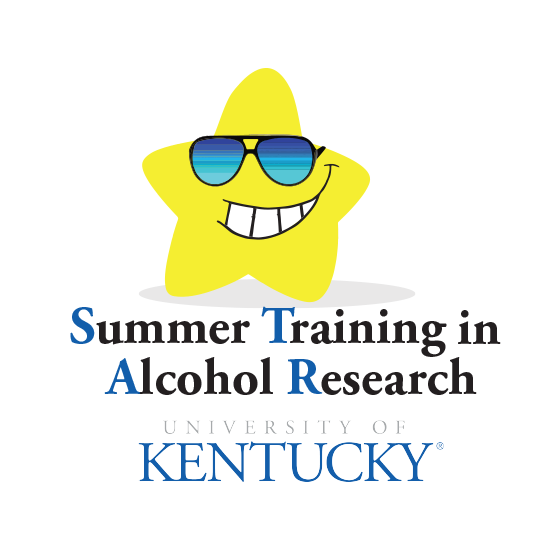While the African diaspora generally describes the dispersal(s) of African-descended peoples throughout the world from modernity to the present, it demands the sighting of various contexts, causes, results, and memories. This symposium’s focus on the African diaspora as articulated a transatlantic contexts provides a platform that underscores diversity and the human condition in a national and transnational manner. The cultural, linguistic, ethnic/racial, and generational dynamics of the Black Atlantic provide a fruitful intellectual context for exploring the roles of problematic acts of agency in oppressive spaces.
This mini-symposium examines folktales and folktale-like stories as sites of both abjection and healing. This symposium will study stories that illustrate how individuals protect their identity and bodily integrity. We will discover how storytellers from the Americas have responded to the effect of colonization and colonialism through oral and literary works that underscore the cultural and psychological characteristics as well as the resilience of their communities. Presenters will examine the carnal violence and brutality associated with sex and gender in folktales and fairytales from the Americas. In so doing, this mini-symposium will put European and African folklore in conversation with the New World’s oral and literary traditions. For instance, in French Caribbean lore, whenever one speaks about evil spirits, one speaks about pacts with the devil and magical practices for white or black magic. Syncretic re-appropriations of Catholicism are often at the heart of measures taken against evil practices. In addition, the nocturnal violation of female bodies by male evil spirits (incubi) resembles the supernatural assault tradition called cauchemar or witch-riding in southwest Louisiana. The Caribbean vampire is often an old woman (a soucougnant or soucouyant) who, at night, suckspeople’s bloodseeking vital energy and, in so doing, recalling the West African witch. Moreover, the consequences of sexual violence do not spare men either. In French Caribbean folklore, the diablesse (She-devil) often eats men’s hearts while succubi (or other devil spawns) petrify them to death. The dialogues between the various spaces are intriguing to say the least.
Rationale for the conference
Globalization in the twenty-first century has both exposed and increased tensions around the construction of diverse communities. Now, more ever, the world’s great variety and diversity prompt heated discussions pertaining to class, race/ethnicity, nationality, gender/sex, urban/rural, religious affiliation, etc. Each of these societal categories —along with the others— enhances the ways that students, faculty, administration and staff see and envision themselves as part of this vibrant and productive community that is the University of Kentucky.
To foster campus dialogue within Arts & Sciences and beyond, to promote the critical study of community building, and to open new perspectives in discussions around selfhood and otherness, the “Wicked Souls” intends to be a mini-symposium that deploys Caribbean studies and particularly folktales and marvelous stories and their connections to religious or spiritual practices as a platform to explore how communities see others and envision themselves. Indeed, in the French Caribbean, for instance, whenever one speaks about evil spirits, one speaks about pacts with the devil and Quimbois (magical practices for white or black magic; also considered as medicinal and healing practices). Catholicism (or syncretic re-appropriation of it) is at the heart of measures taken against evil practices. As a part of the implementation of the University Strategic plan for Diversity and Internationalization, this symposium aims to increase the profile of Caribbean and Black Atlantic Diasporic Cultures here at the University of Kentucky and inform colleagues beyond our walls of this growing field of inquiry on our campus.
Some of the questions this mini-symposium will address include:
• gender and race relationships in colonial and postcolonial societies.
• the historical and cultural contexts that have contributed to the formation of the lore of the African Diaspora in the Americas.
• how the eroticized bodies bears traces of its social, political and cultural codification.
• the relationship of domination, power and violence between men and women in the Americas.
• religious and spiritual practices in diasporic spaces
• challenge dominant ideologies about what folklore means in the Americas.
• explore notions of self, gender, race and ethnicity as shifting social constructs while studying the male and female body as a reflection of colonial and postcolonial societies in the Caribbean.
It is within this framework that this symposium considers theories associated with psychoanalytic and fairytales studies, postcolonial studies, and trauma studies as ways of conceiving and analyzing the construction of intercultural and diverse communities. Though presenters will examine stories from the African Diaspora, members of the audience will also be invited to ponder the extent to which trauma born out of colonial rule has impacted inhabitants of the Caribbean and the Americas, irrespective of gender or ethnicity.


